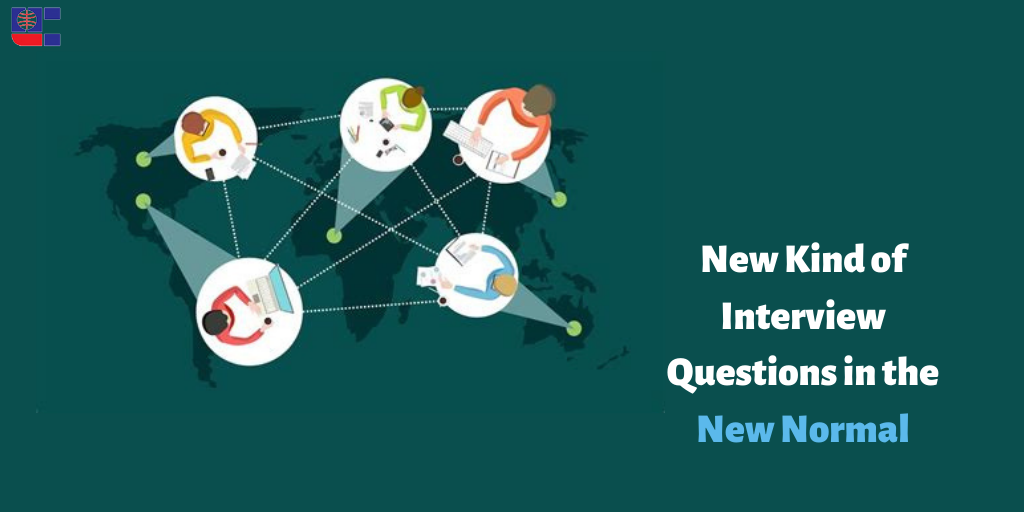
As more and more hiring avenues open up amidst the new normal, we find a change in mechanisms related to interviewing, onboarding and company culture. We have talked about onboarding, or more precisely about onboarding yourself in an earlier article. We have also talked about skills in demand for remote-workers. And now, we shall take a look at the new kind of interview questions one might need to start preparing for in the light of the post-pandemic world of work.
The interactions around the office space have changed, and there have been some new additions to the commonly asked interview questions. So, let us take a look at the kind of interview questions one might have to answer as the new normal brings in a need for new set of skills.
Let us see some questions, what the interviewers want to know through those questions and what you can do to use them to your advantage.
The chief themes of the questions will revolve around remote working, and the ability to self-direct.
Some questions will revolve around your experience of working remotely. Questions like:
- Have you ever worked remotely? How did you adapt to the work from home challenge?
- Which aspects of remote working did you enjoy and which ones were challenging?
The employers/interviewers would ask such questions to gauge your adaptability, your self-discipline, how you have set up your work from home environment, and in what ways would you manage hybrid workspaces. The obvious key is to make it clear through your answers that you can be productive from home, and show that you are comfortable enough in using remote-working technologies.
The nature of the interview has changed, and thus aside from a well-groomed demeanour, how you have set up your current meeting, your comfort with your equipment, care about the connectivity and a distraction-free environment will be the core things to be careful about, and they will be an answer in themselves.
Some questions will revolve around your communications skills. Questions like:
- How would you communicate with your manager and co-workers in a remote setting?
- How would you ensure that our teams collaborate safely with each other and clients?
These seemingly simple questions might be asked to gauge how you report and hold accountability. Moreover, organisations would also be looking for safety in the office space as well. Your answers should revolve, in addition to reporting and accountability, around specific examples of how you got things done with your team members, clients in your previous job when things were uncertain and members were absent.
Think of specific examples when you kept the client engaged through the uncertain situation, or at least how you plan/intend to do so.
Some questions will revolve around in what ways you took advantage of the situation.
The underlying theme is ‘how did you deal with a difficult situation?’
They would want to know in what ways did you take advantage of the various online resources. Moreover, they would also want to know if you took the time out to reassess your career and if there were any significant insights you had. Be prepared with answers about the various webinars, certification courses you might have attended, how you used your networking skills and if there are any new hard or soft skills you developed.
Expect questions about the extent of one’s comfort with a ‘return’ to the office and travel; keep your answers as well as potential alternatives and solutions in mind.
Finally, as a candidate, there are some questions you could ask to arrive at the right decision. Questions surrounding:
- What technology will be used for the main tasks.
- How communication will be carried out among employees, like details about online meeting invitations and scheduling, and who will be in-charge of those.
- What tools and resources would the company provide to employees in case of remote-working.
- Safety requirements and provisions made.
- Return to office time-table and the extent of its flexibility.

